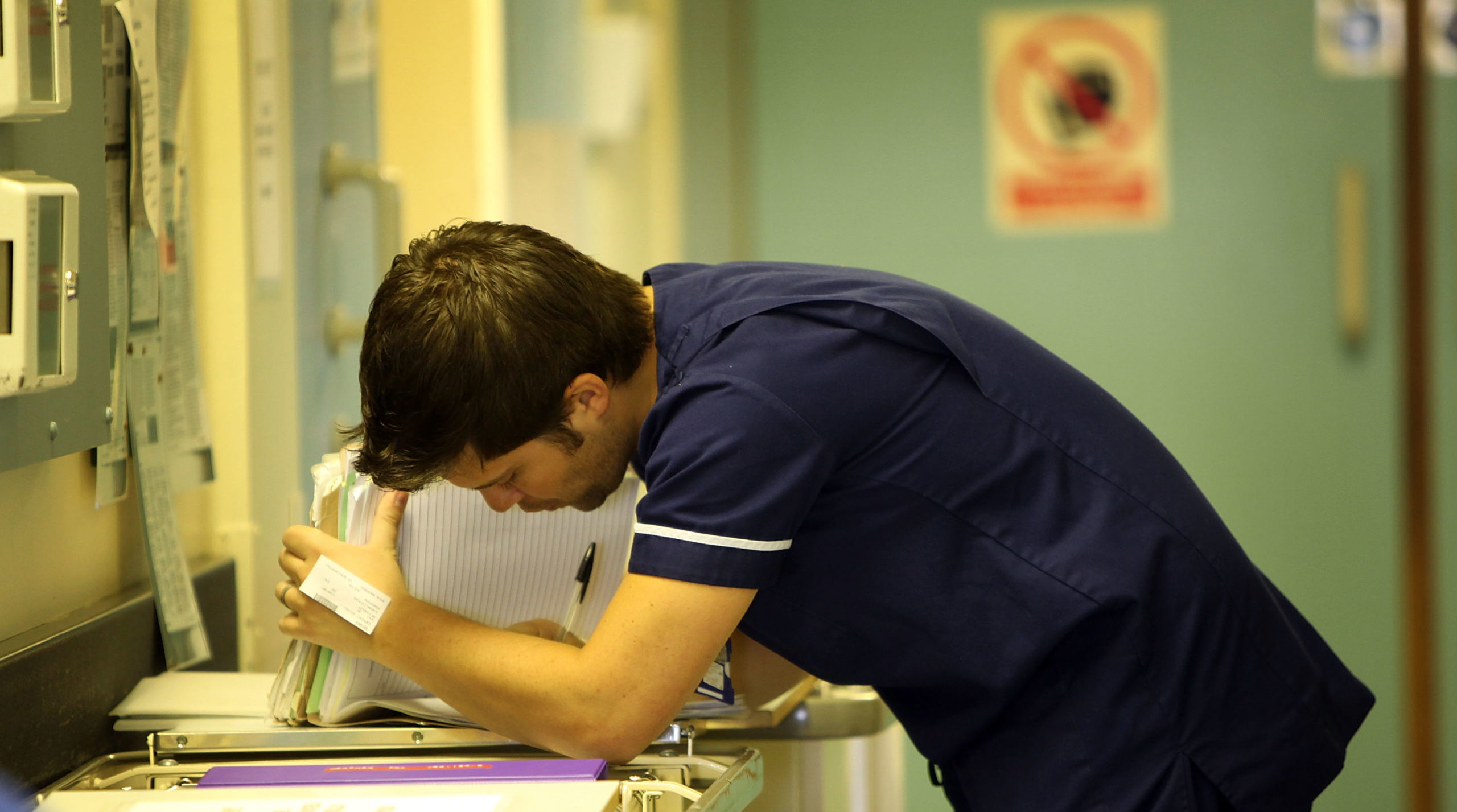The ongoing intellectual collapse of ‘levelling up’ is so remarkable because there was so little there to begin with. It’s as if the Right is conjuring rubble out of thin air.
To the extent that it was ever more than a slogan, levelling up was billed as an optimistic, centre-right approach to tackling the North/South divide. Instead, the Government seems to be regressing to the ‘Plot Against Mercia’ mean in record time.
How else to describe media reports that ministers are looking kindly on proposals from the Social Market Foundation to impose on controls on where GPs can work, in order to try and force more of them to set up shop in poorer parts of the country?
Tribute needs must still be paid to the old Conservative shibboleths, of course, and the result is some wonderfully tortured logic. The Times quotes John Gooderham, the author of the SMF essay, on why the proposals won’t actually be that authoritarian: “A GP would realise they wouldn’t be allowed to work in that over-doctored area, and would decide to work somewhere that was under-doctored instead”.
Doctors wouldn’t be coerced, you see. They’d just freely choose not to attempt something they know the State will prohibit them from doing.
You’d think, facing a national shortage of GPs, ministers would be trying to make the prospect more attractive, not less.
In retrospect, the warning signs were there. It was an ill omen when Boris Johnson denounced his predecessors of the past four decades as “idiotic” for contenting themselves with a model wherein London and the South East generated the cash and it was then simply spread around the country.
Regional inequality may not have been at the top of Margaret Thatcher’s priorities. But does he seriously think the issue didn’t occur to anyone in New Labour? That this might not actually be one of the UK’s most intractable structural problems for reasons beyond politicians simply choosing not to fix it?
You know a slogan has passed the point of usefulness when corporate sponsors at Conservative Conference are demanding a minister for levelling up before anyone has reached a consensus on what it actually means.
It now seems like nothing so much as a flag of convenience for anyone trying to hawk a policy to Tory MPs. It was therefore probably inevitable that it would devolve into the latest specious effort to try and avoid building houses in the South.
When Johnson told Tory delegates that levelling up was about saving the views of residents in England’s richest villages, it was a moment of breath-taking honesty from so unexpected a source that few noticed.
This sort of command-and-control bid for prosperity by decree might be able to salve this or that symptom, but it is no remedy for the underlying malaise. By falling back on this sort of thinking, the Conservatives seem to be tacitly admitting that they don’t have one.











Join the discussion
Join like minded readers that support our journalism by becoming a paid subscriber
To join the discussion in the comments, become a paid subscriber.
Join like minded readers that support our journalism, read unlimited articles and enjoy other subscriber-only benefits.
Subscribe